
OR
Fed express
Published On: December 14, 2017 02:00 AM NPT
Cost of governance
One question that was repeatedly asked before the recent provincial and federal elections concerned the government’s ability to foot the bills of the expanded federal structures, both in terms of infrastructure and personnel. This was a genuine worry. The parliament secretariat had in a recent study estimated that annual expenditures for the two houses of federal parliament and the seven provincial assemblies could come to around Rs 4.25 billion, more than three times the expenses of Rs 1.40 billion needed for the upkeep of the 601-member Constituent Assembly-cum-parliament. For instance, just the basic salaries and allowances for a total of 884 lawmakers in federal and provincial parliaments will total Rs 800 million. This is without factoring in generous perks like meeting and travel allowances. Likewise, the national treasury will have to pay for the perks of provincial chief ministers and other ministers until the provinces can generate their own resources. If recent trends are anything to go by, our MPs will every year jack up their benefits, and in their bid to reward those who have helped them win elections, greatly increase the ranks of their secretaries and other hangers-on.
For the federal project to be viable our elected officials must learn to rein in their free-spending ways. Having chosen to take the country on this path, the onus is on them to make it work. But it won’t work in the long run unless the seven provinces can generate their own resources to sustain themselves. The risk is that with the provinces heavily reliant on the center, at least at the start, they will find it hard to shun the bad habit. If they get too comfy with this help, their focus may shift from working for the growth and development of their provinces, and thus also to make them self-reliant, to trying to shake down the central government for more and more. The lawmakers of a poor country with per capita income of less than US $900 cannot expect to live lavishly, and so far removed from common folks that they become incapable of relating with their pains and hardships. The federal formula in itself is no panacea for people’s woes. Its judicious implementation and a sense of empathy in our MPs are as important.
Since this is the first time the country has elected federal and provincial governments, the precedent these news lawmakers set will be crucial. Will they now, for instance, stick by the constitutional provision that caps the number of ministers at the center at 25 and in provinces at 20 percent strength of the provincial assemblies? And in the case of violation of these provisions, will the special bench in the Supreme Court formed to handle constitution-related disputes be powerful enough to force the central and regional governments to honor the constitution? And who stops lawmakers from arbitrarily increasing their state benefits? To check these anomalies political parties will have to do a lot of internal policing, and impose fiscal prudence and discipline in their rank and file—a tall-tall order.
You May Like This
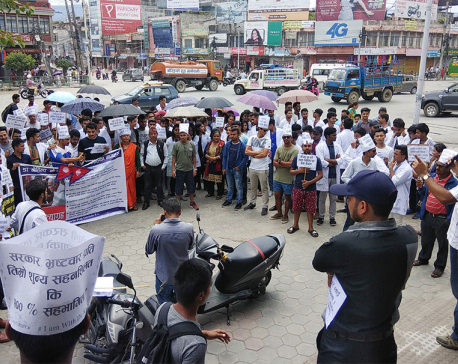
Pokhara and Lahan express solidarity with Dr KC
POKHARA, July 22: Thousands of people from across the country have expressed solidarity with Dr Govinda KC, pressuring the government... Read More...
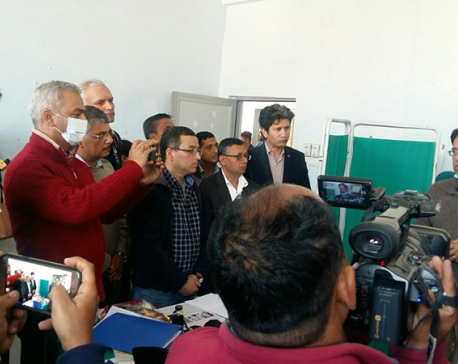
10 editors express solidarity with Dr KC demands, call for no further delays
KATHMANDU, Dec 2: Editors of leading national dailies, magazines and news websites on Thursday met with hunger striking Dr Govinda KC... Read More...
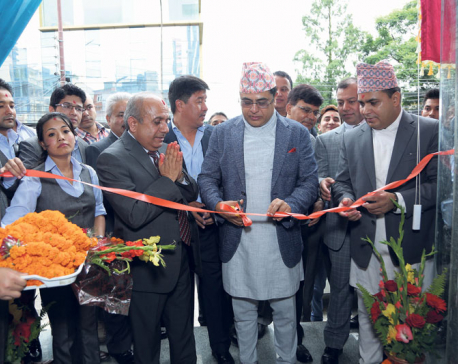
City Express marks 10th anniversary
KATHMANDU, July 11: City Express Money Transfer recently celebrated its 10th anniversary. ... Read More...

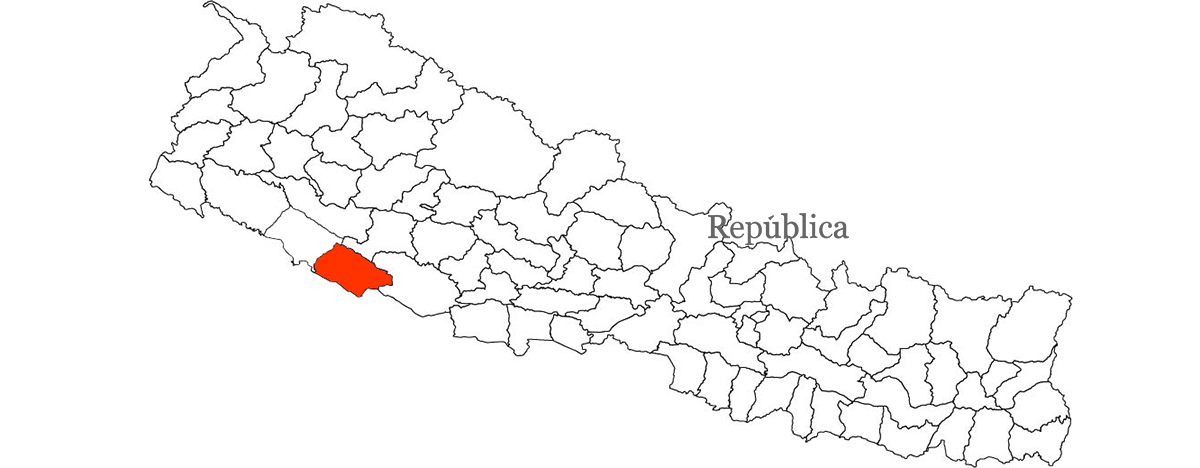


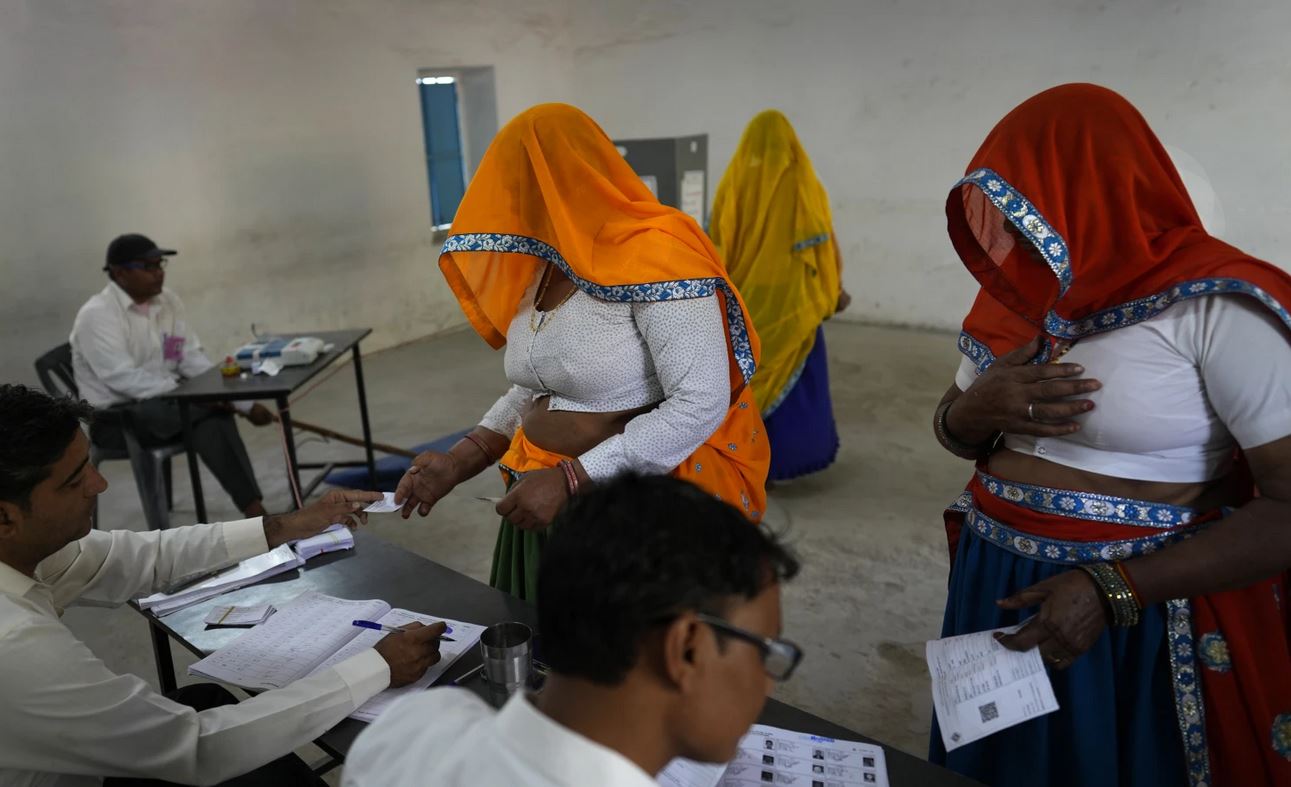

Just In
- 265 cottage and small industries shut down in Banke
- NEPSE lost 53.16 points, while investors lost Rs 85 billion from shares trading last week
- Rainbow tourism int'l conference kicks off
- Over 200,000 devotees throng Maha Kumbha Mela at Barahakshetra
- Indians vote in the first phase of the world’s largest election as Modi seeks a third term
- Kushal Dixit selected for London Marathon
- Nepal faces Hong Kong today for ACC Emerging Teams Asia Cup
- 286 new industries registered in Nepal in first nine months of current FY, attracting Rs 165 billion investment





_20220508065243.jpg)






Leave A Comment